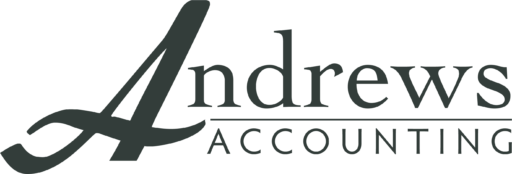Preparing for Recession Can Help You Survive, Even Prosper
Preparing for recession as a small business is vital. Many small businesses live and die with small changes in the economy. But a recession – when the economy stops growing and starts shrinking – can mean a serious shakeup for businesses that are unprepared.
Is Recession on the Way?
The US and global economies haven’t plunged into recession – yet. But there are signs making experts nervous. For one thing, inflation is soaring. That isn’t an indicator by itself, but the Federal Reserve often tries to slow inflation down by raising interest rates. And right now the Fed is raising rates by 1.5 percent – a big jump.
The higher cost of borrowing slows down spending. The stock market has been diving, with investors worried that the new rates will strangle growth. What’s more, consumer confidence is dipping, which usually leads to fewer purchases.
Steps in Preparing for Recession
Reduce Debt. You can reduce existing debt by coming up with an aggressive budget to pay it down. You can also combine several high-interest debts (like credit cards) into one lower-interest loan.
Stash Cash. Put aside as much cash as you can manage. If things turn bleak, it’s cheaper to dip into savings than borrow. Having cash can buy you the time you need to survive.
Cut Back Expenses. Cutting expenses is easier said than done. But some tactics include automating manual tasks, cutting back on utility use, renegotiating costs with vendors, shopping different insurance providers, and more [https://www.americanexpress.com/en-us/business/trends-and-insights/articles/10-simple-ways-to-cut-business-costs/].
Don’t overdo cost-cutting, though. For example, layoffs may save you money in the short run. But hiring new employees later on can be more expensive because of training costs.
Expand Your Customer Base. If possible, try to spread your business among more customers. That way, if one client goes away, it won’t be a total disaster.
Watch Inventory. Analyze, as best you can, how much inventory you need. Too much inventory can tie up cash or credit you need elsewhere. Too little inventory can mean lost sales.
Drop ‘Trouble’ Clients. The Pareto Principle says that 80 percent of your business comes from 20 percent of your customers. But all business owners have those “trouble” clients who seem to take up 80 percent of their time. Severing ties with difficult customers can free up time to spend on more profitable clients.
Analyze Cash Flow. A phrase like that can intimidate the average business owner. But basically it means looking at the money that normally comes in and goes out. Then you predict what will happen if cash in shrinks by 10 percent, or 25 percent, or – ouch! – 50 percent while expenses stay the same. Your accountant can help you with the numbers here.
Preparing for Recession Can Be Preparing for Growth
The average duration of recessions since the Great Depression is 10 months. The economy always cycles, and the down times can actually bring prosperity during the good times. The new efficiencies you put in place – expanded customer base, lower overhead – will increase your profit margin. And you might acquire, or combine forces, with competitors in your industry who falter, increasing your market share.
Links
Some consider these industries recession-proof.
This article has more information on how to use the Pareto Principle to help your business.
Lastly, you can learn more about our services here!


Recent Comments